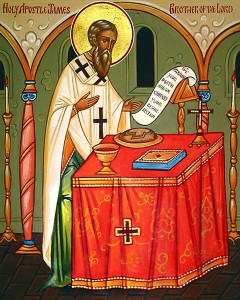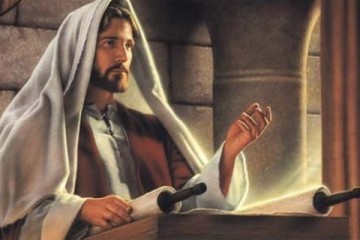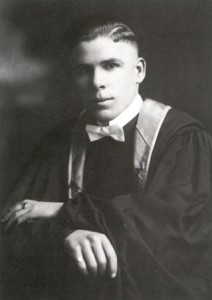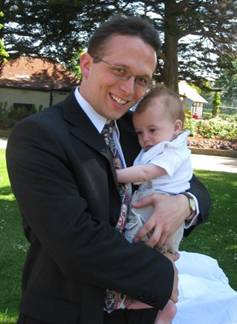 Below is the text that we will be studying in JP2 on Thursday. It is an abridged form of the ancient Liturgy of St. James. This version of it comes from around the 4th Century.
Below is the text that we will be studying in JP2 on Thursday. It is an abridged form of the ancient Liturgy of St. James. This version of it comes from around the 4th Century.
This is the oldest Eucharistic liturgy still in use today. It was also the blueprint used for the Liturgy of St. Basil and the Liturgy of St. John Chrysostom, both of which are regularly used among Byzantine Catholics and Eastern Orthodox today.
Petitions
Priest: Peace be with you.
People: And with your spirit.
Priest: The Lord bless us all, and sanctify us for the…celebration of the divine and pure mysteries… Amen.
Deacon: In peace let us pray to the Lord. For the peace that is from on high, and for God’s love to man, and for the salvation of our souls, let us pray to the Lord. For peace in the whole world, for the unity of all the holy churches of God, let us pray to the Lord. For the remission of our sins, and forgiveness of our transgressions, and for our deliverance from all tribulation, wrath, … and distress…, let us pray to the Lord.
Singers: Holy God, holy mighty, holy immortal, have mercy upon us.
Priest: O compassionate and merciful, patient, gracious, and true God…hear us. Deliver us from every temptation of the devil and man… For we are unable to overcome what is opposed to us. But you are able, Lord, to save us… Because you are holy, Lord our God, … we send up the praise and the thrice-holy hymn to you, the Father, Son and Holy Spirit, now and forever, and for all eternity.
People: Amen.
Priest: Peace be with you.
People: And with your spirit.
Singers: Alleluia.
[The liturgy proceeds with readings from the Old and New Testaments]
Deacon: Let us all say: Lord, have mercy.
Lord Almighty, the God of our fathers: We beseech you, hear us. For peace from on high, and for the salvation of our souls, let us pray to the Lord… For the people standing and waiting for the rich and bountiful mercy that comes from you, we beseech you, be merciful and gracious.
Save your people, O Lord, and bless your inheritance. Visit your world with mercy and compassion. Exalt the horn of Christians by the power of the precious and life-giving cross. We beseech you, most merciful Lord, hear our prayer, and have mercy upon us.
People: Lord, have mercy, Lord have mercy, Lord have mercy.
Read more
 In our First Reading, Moses promises that a prophet will come after him, someone who will guide Israel. In the light of the New Testament, we recognize this person to be Jesus Christ who, in this Sunday’s Gospel Reading, not only teaches with authority, but demonstrates that authority by casting out an unclean spirit.
In our First Reading, Moses promises that a prophet will come after him, someone who will guide Israel. In the light of the New Testament, we recognize this person to be Jesus Christ who, in this Sunday’s Gospel Reading, not only teaches with authority, but demonstrates that authority by casting out an unclean spirit.
 Today is my Godson’s birthday so I thought I’d do a little bit of a giveaway to mark the occasion. The prize up for grabs is a signed copy of
Today is my Godson’s birthday so I thought I’d do a little bit of a giveaway to mark the occasion. The prize up for grabs is a signed copy of 

 7. Keep proper track of finances
7. Keep proper track of finances